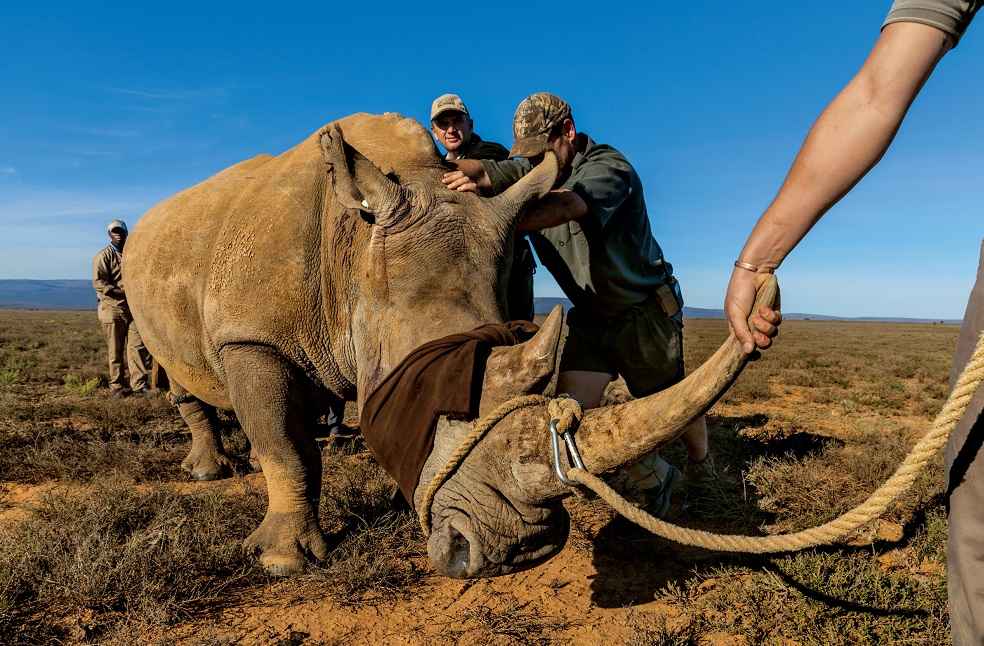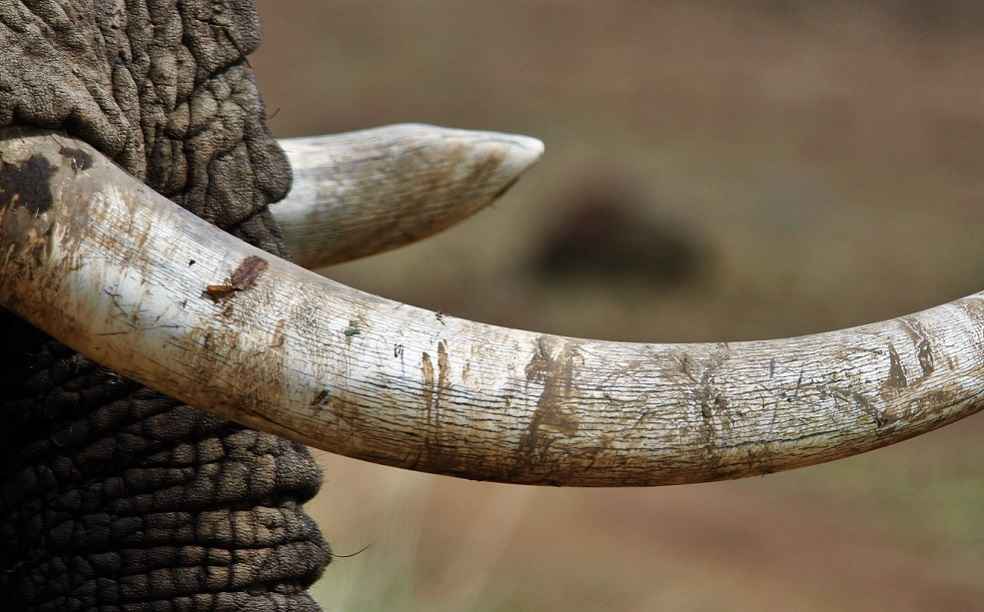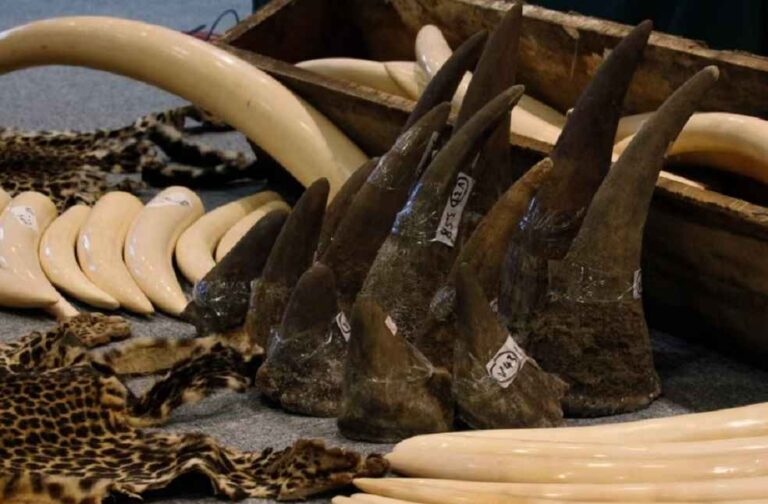Canada has embarked on a critical mission to safeguard global biodiversity, unveiling robust trade measures targeting elephant and rhinoceros preservation. This initiative is a response to the urgent call for action against the rapid decline of these species due to poaching and illegal trade.
Environment and Climate Change Minister Steven Guilbeault announced the stringent regulations, representing a significant shift in Canada’s wildlife protection strategy. These rules aim to drastically reduce the movement of elephant ivory and rhinoceros horn across the nation’s borders.
The import and export of raw elephant ivory and rhinoceros horn face a comprehensive ban, with few exceptions such as for scientific or law enforcement purposes. Additionally, Canada joins a growing list of nations in banning the import of ivory and rhinoceros horn hunting trophies, a move celebrated by conservationists globally.

Canada’s adherence to the Convention on International Trade in Endangered Species of Wild Fauna and Flora (CITES) is well-established, often exceeding the convention’s requirements. This new legislation reaffirms Canada’s dedication to a broader, international conservation effort.
The global community has responded positively to Canada’s actions. Kelly Butler of Humane Society International/Canada commended the Canadian government for aligning with the desires of both Canadians and African nations that host elephant populations. Kenyan biologist and elephant conservationist Dr. Winnie Kiiru praised the regulations for sending a potent message against the ivory trade.
Endorsements also came from international figures like Dieudonné Yameogo of Burkina Faso and Canadian luminaries such as musician Bryan Adams and artist Robert Bateman. Their reactions highlight the potential impact of Canada’s decision to reduce the illegal killings of elephants and rhinoceroses worldwide.

Celebrations from advocacy groups like Elephanatics, led by Fran Duthie, reflect a global appreciation for Canada’s commitment to wildlife conservation. These regulations are seen not merely as national policy changes but as vital contributions to a global cause, striving to preserve the world’s endangered species for future generations.
LATEST NEWS | China’s AI-Driven Shipping Industry Fuels Global Growth



